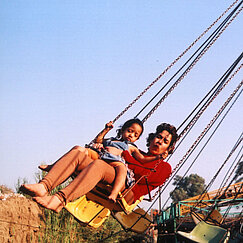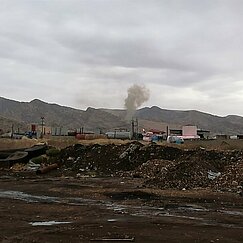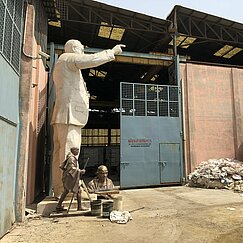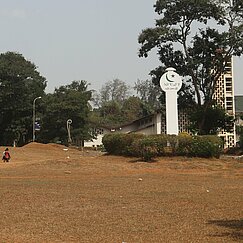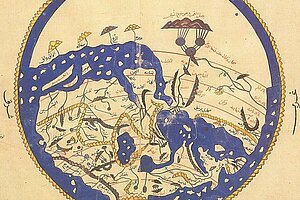Thinking through Translocal Entanglements: Perspectives from Asia, Africa, and the Middle East
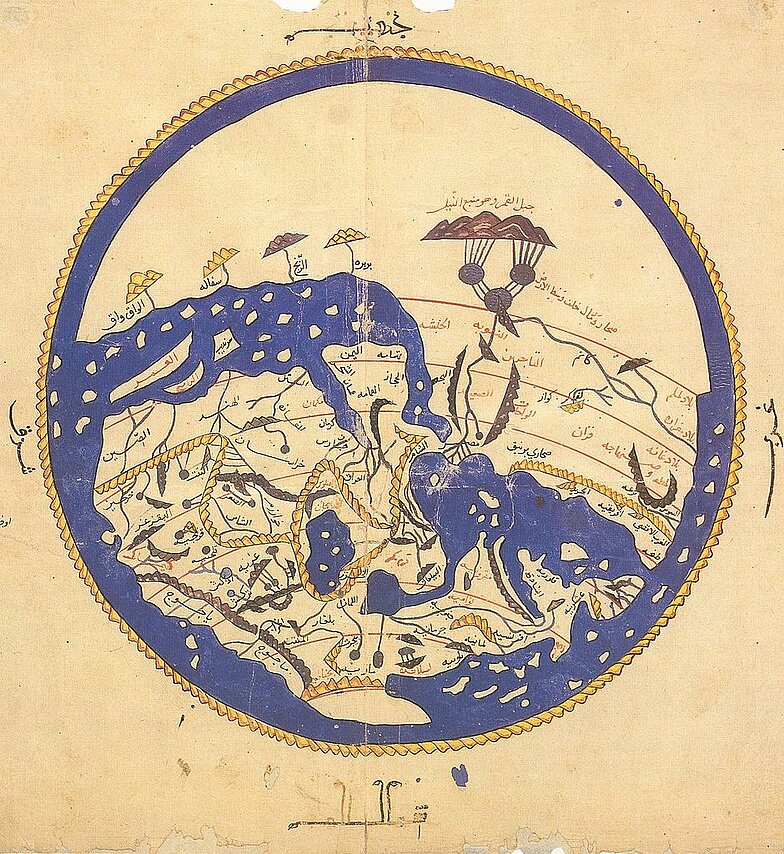
ZMO’s research programme, entitled Thinking through Translocal Entanglements: Perspectives from Asia, Africa, and the Middle East, explores and analyses the ways in which social actors address and negotiate tensions and challenges related to diverse aspects of translocal connectivity in their experience, perception and practice. This is pursued with regard to the fact that their communities are themselves shaped (often characteristically) by specific histories of such connectivity and the tensions related to it. In terms of historical dimensions, the research is conceived against the backdrop of globalising networks, largely from the perspective of Muslim agents and communities (and their respective counterparts) from the 16th to the 21st centuries. Further dimensions to be explored concern existential experiences and transformations of social practice; spatial (re-)configurations; conceptual frameworks, visions and revisions within such entanglements; economic relations; and formations and re-formations of the religious, the legal, and the political.
This is worked through with a view to the following four main thematic foci, which constitute the framework for our four corresponding research units: 1. ‘age and generation’, 2. ‘environment and justice’, 3. ‘representations of the past as a mobilising force’ and 4. ‘contested religion and intellectual culture’. Hereby, arising cross-cutting themes are elaborated in a variety of formats by researchers from different research units. They discuss joint methodological and theoretical challenges from a comparative perspective. Hereby, the empirical work on specific materials, archives, fieldwork observations, and texts is accompanied by conceptual reflections, contributing to relevant theoretical debates. In particular, attention to conceptual frameworks and theories from ZMO’s regions of study plays an important role, as ZMO-based research also seeks to contribute to an overcoming of the dominance of Eurocentrism in the humanities and social sciences.
Engaging a variety of disciplines between history, anthropology, Islamic studies, political science and more, ZMO’s research perspective is close to the studied translocal agents and their experience and interpretation through the profound regional knowledge and linguistic expertise of its researchers. Many of them are cultivating longer-term relationships in their regions of study, conducting research with relevant partners, or originating from the regions themselves.
